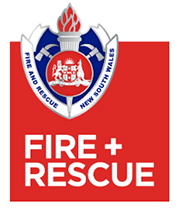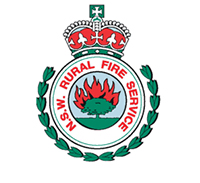Fire Safety
Barbeque fire safety
Barbeques are extremely popular particularly during the warmer months but they can also become potentially dangerous when mixed with carelessness or excessive alcohol. The combination of a party atmosphere, drinks flowing freely, children playing and an open fire can quickly cause a tragic accident. Simple precautions, pre-planning and care, especially regarding young children is vital.
Tips for having a safe barbeque
Fire & Rescue NSW recommends this simple safety checklist to assist you to have a safe barbeque.
- Be aware of, and ensure that you comply with, any fire restrictions that may be in place such as total fire bans
- Ensure that your barbeque is serviced and maintained correctly including scheduled pressure testing of any gas cylinders and checking of the condition of all hoses and connections. Click here to learn more about LPG Cylinder safety
- Carry out a check of the cylinder for rust or damage and ensure any connections are correctly tightened on gas barbeques before lighting
- Always site a barbeque on a firm, level base sheltered from wind gusts and well away from anything flammable like garden sheds, vegetation, fences etc
- Have a garden hose or similar continuous supply of water available at all times
- Follow the manufacturer’s instructions and use the correct start up and shut down procedures
- Ensure that the lit barbeque is in the care of a responsible adult at all times
- Never put any flammable liquid on a barbeque
- Keep children away from any barbeque and remember to remove and secure any lighters and matches
- Only use a barbeque in a well ventilated area as fumes and gases emitted may be harmful
- If a gas leak does occur shut off the cylinder immediately and allow any gas to dissipate
Fire safety tips
- Remember that LPG is flammable, heavier than air and may remain in areas for some time
- You may want to consider having a fire extinguisher nearby for emergencies
- Use alcohol responsibly around barbeques
- Clear the surrounding area of combustibles before lighting a barbeque
- Allow hot ashes or coals to cool for 48 hours before removing them
- Home fire safety is important for the whole family and preparation can prevent a tragedy
Printable factsheet
Barbeque fire safety (PDF, 42Kb)




